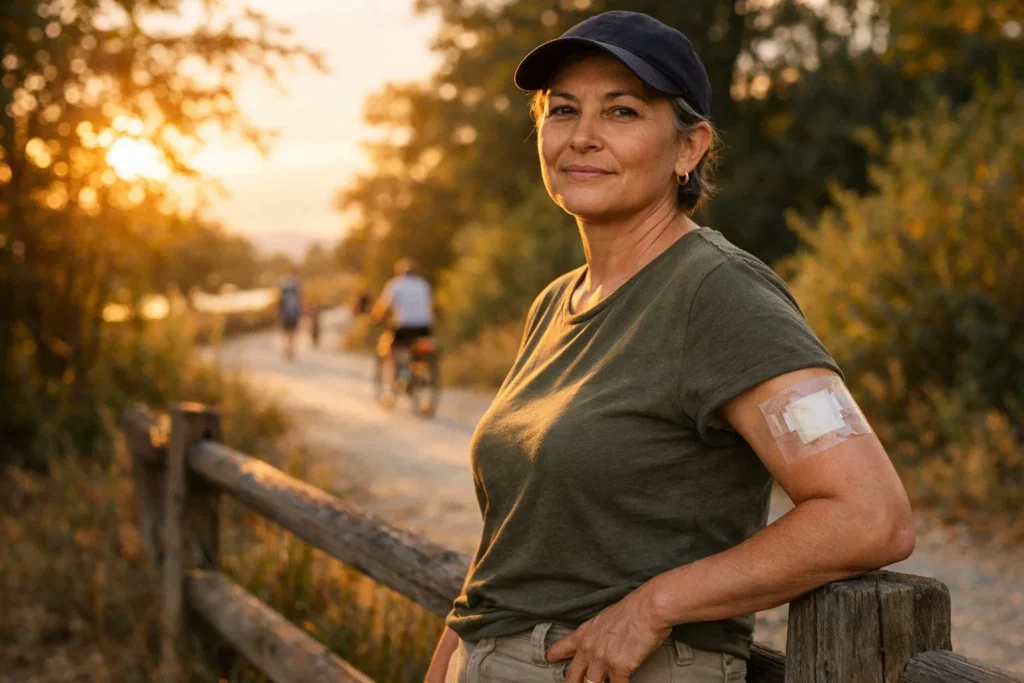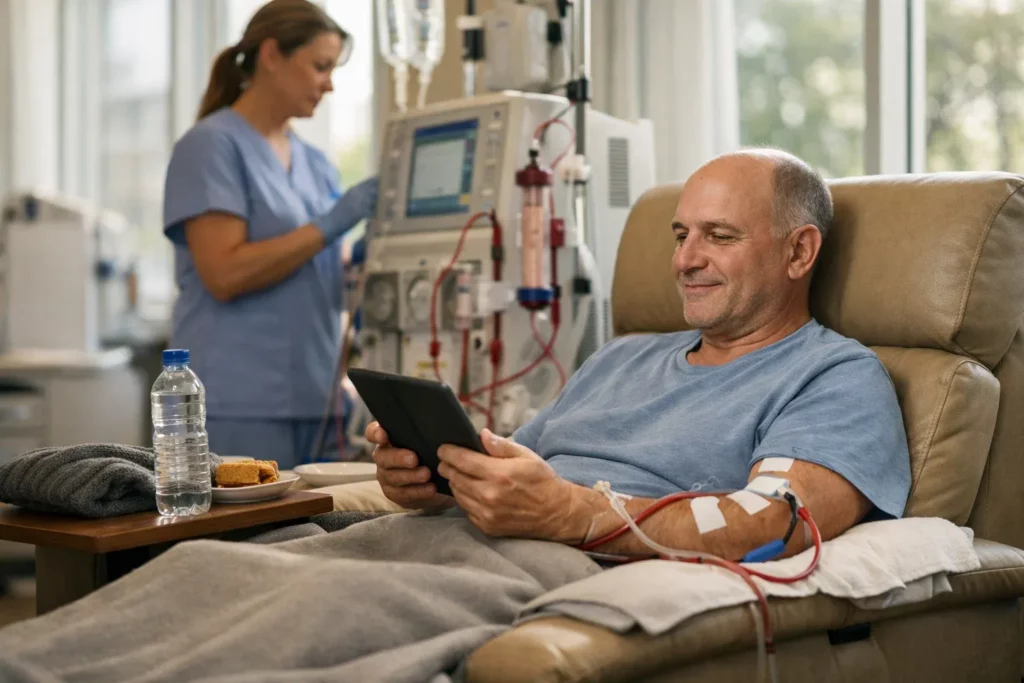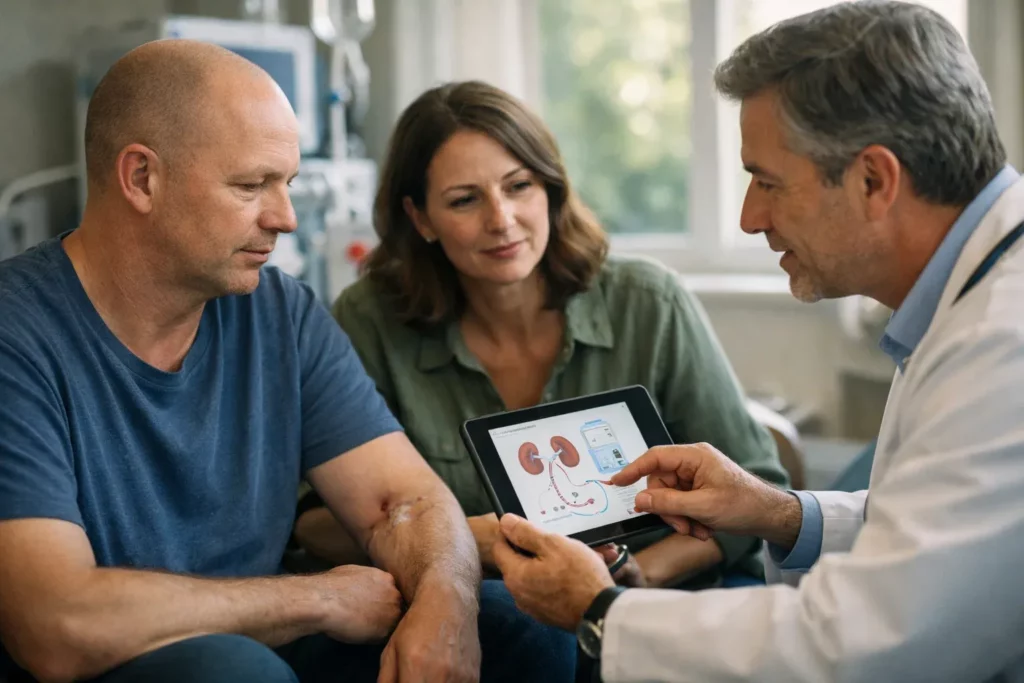At ANC, we’re always looking for ways to improve care and bring cutting-edge research to our patients. We recently sat down with Dr. Doyle to talk about an exciting opportunity: the Horizon clinical trial by Maze Therapeutics, a national study focused on addressing genetic kidney disease in Black Americans.
What Is the Horizon Trial Studying?
For years, doctors have known that Black Americans are at higher risk for high blood pressure and kidney disease. However, about 10 years ago, researchers discovered a genetic variation (called APOL1) common in Black Americans that helps explain this increased risk. Now in addition to identifying high-risk individuals, treatments are being developed. The Horizon trial is part of a larger effort to turn this knowledge into action.
“This study is the next step,” Dr. Doyle explains. “We’re testing a medication that could help prevent kidney damage before it becomes severe or permanent, in individuals who carry two high-risk APOL1 gene variants.”
Who Can Participate?
The study is open to Black or African American individuals with signs of kidney disease, such as reduced kidney function or protein in the urine. It begins with a free genetic test to check for APOL1 high risk genes. If eligible, participants can then enter a 12-week phase where they take an oral medication and are closely monitored to see if it helps reduce protein content in the urine – a sign of kidney filter damage.
Why Join?
- Free genetic testing for a condition that often goes undetected
- Early awareness can help you get the care and monitoring you need
- Your results could inform family members about their risk
- Help advance science and contribute to future kidney disease prevention
The study drug appears to be well tolerated, and all participants are monitored by both the research team and their regular nephrologist. Further, participants may receive compensation for time and travel, making the study more accessible to those who qualify.
Want to Learn More?
If you’re interested or just want more information, call our office or reach the study’s research coordinator Taylor at (763) 388-4747.






